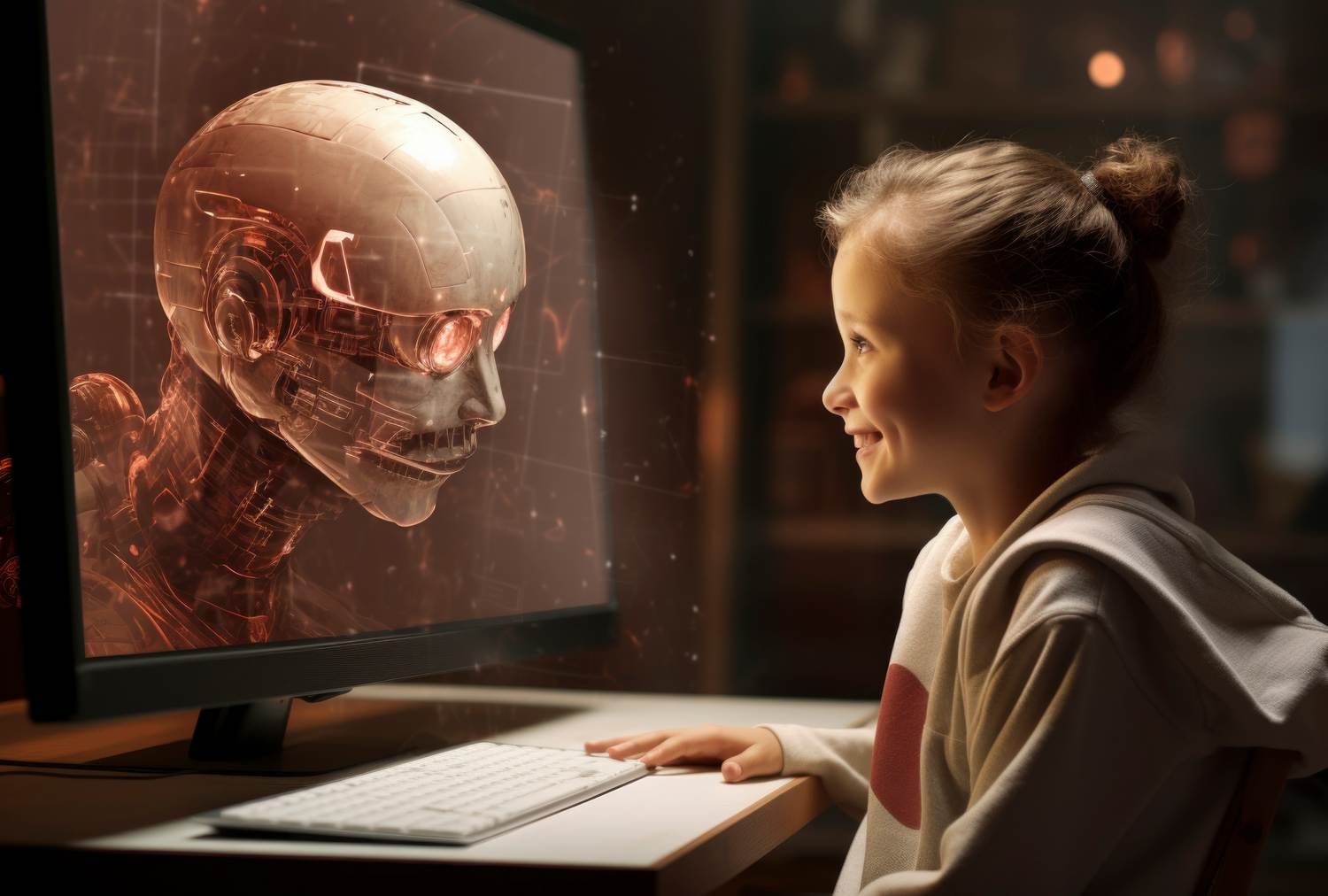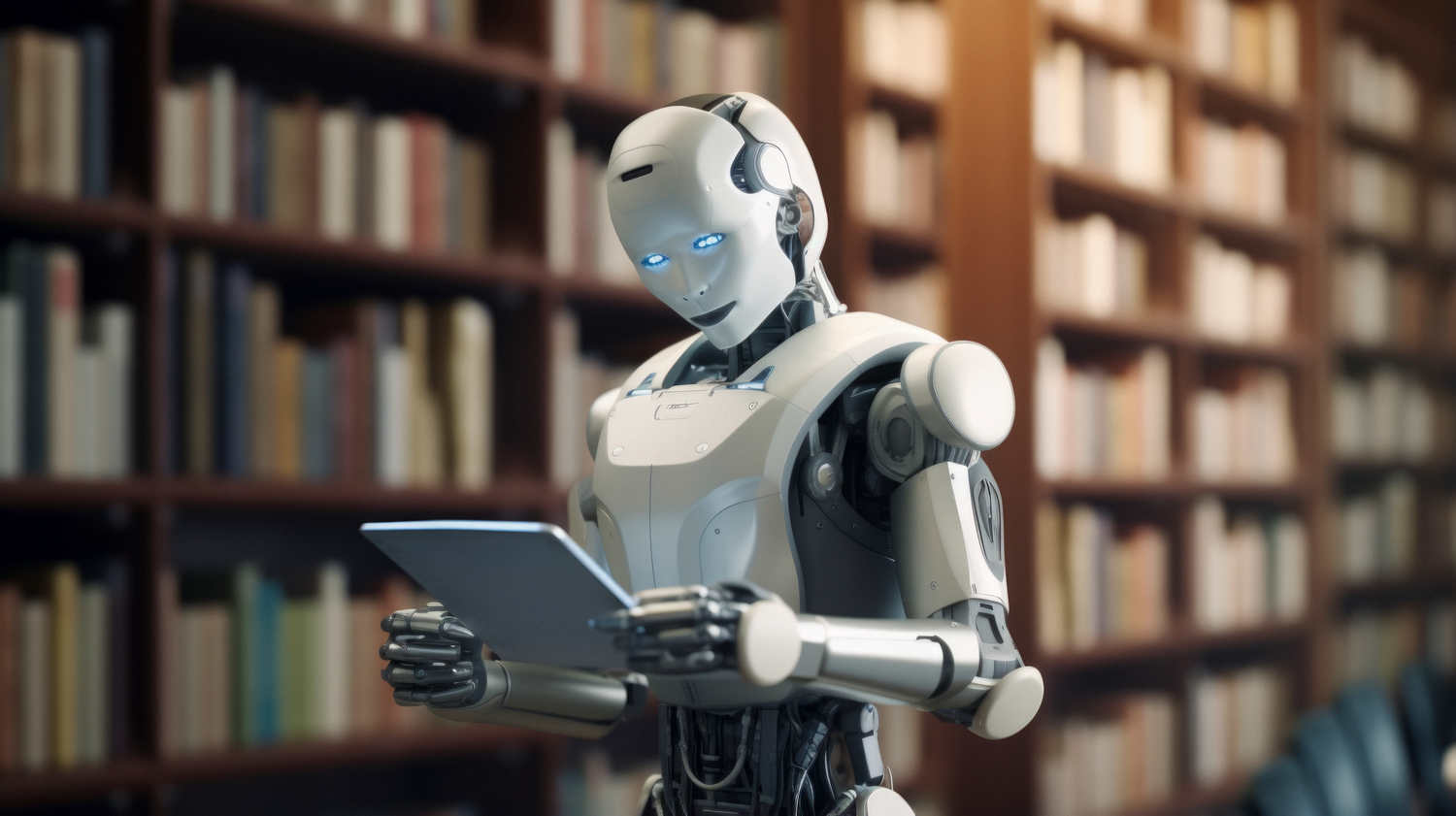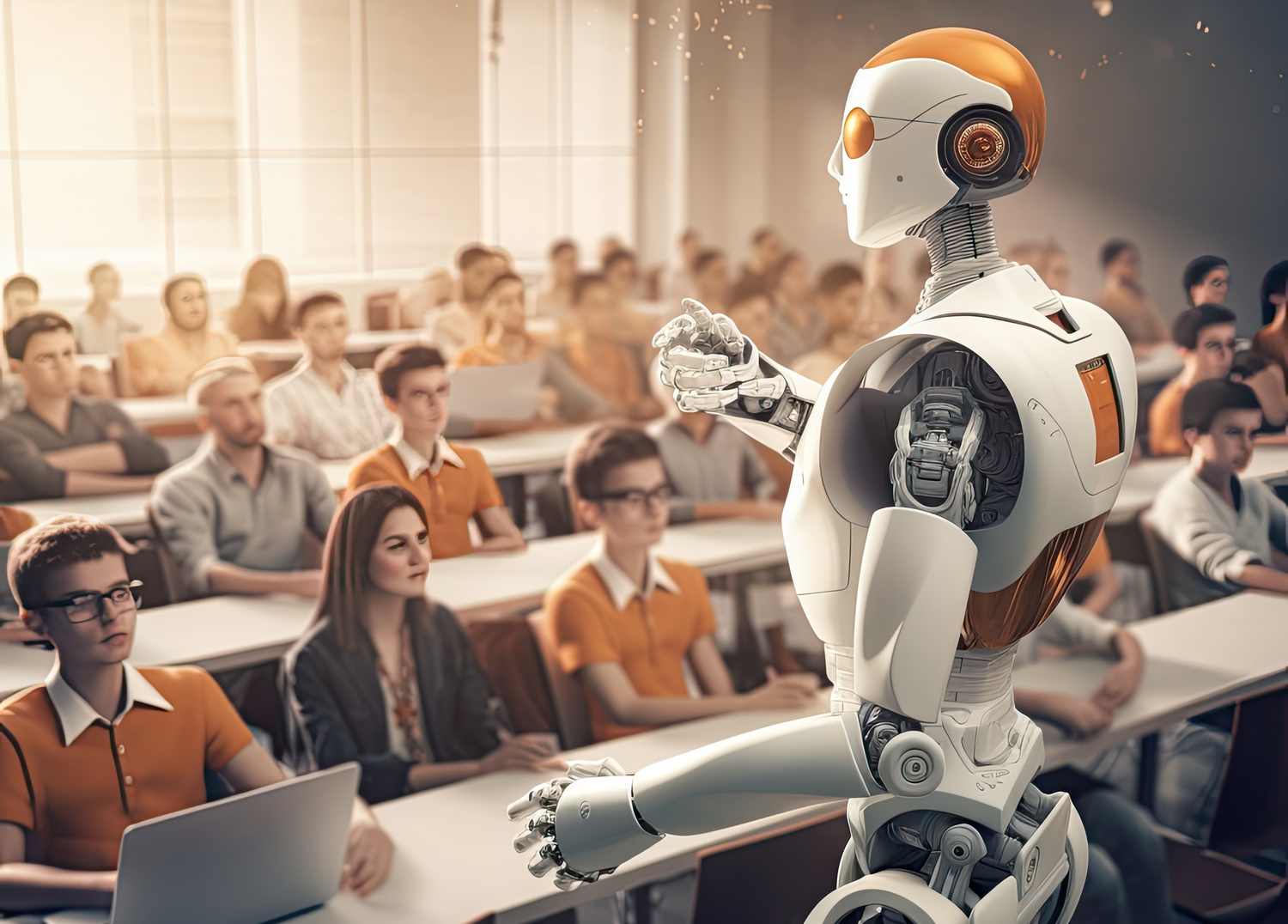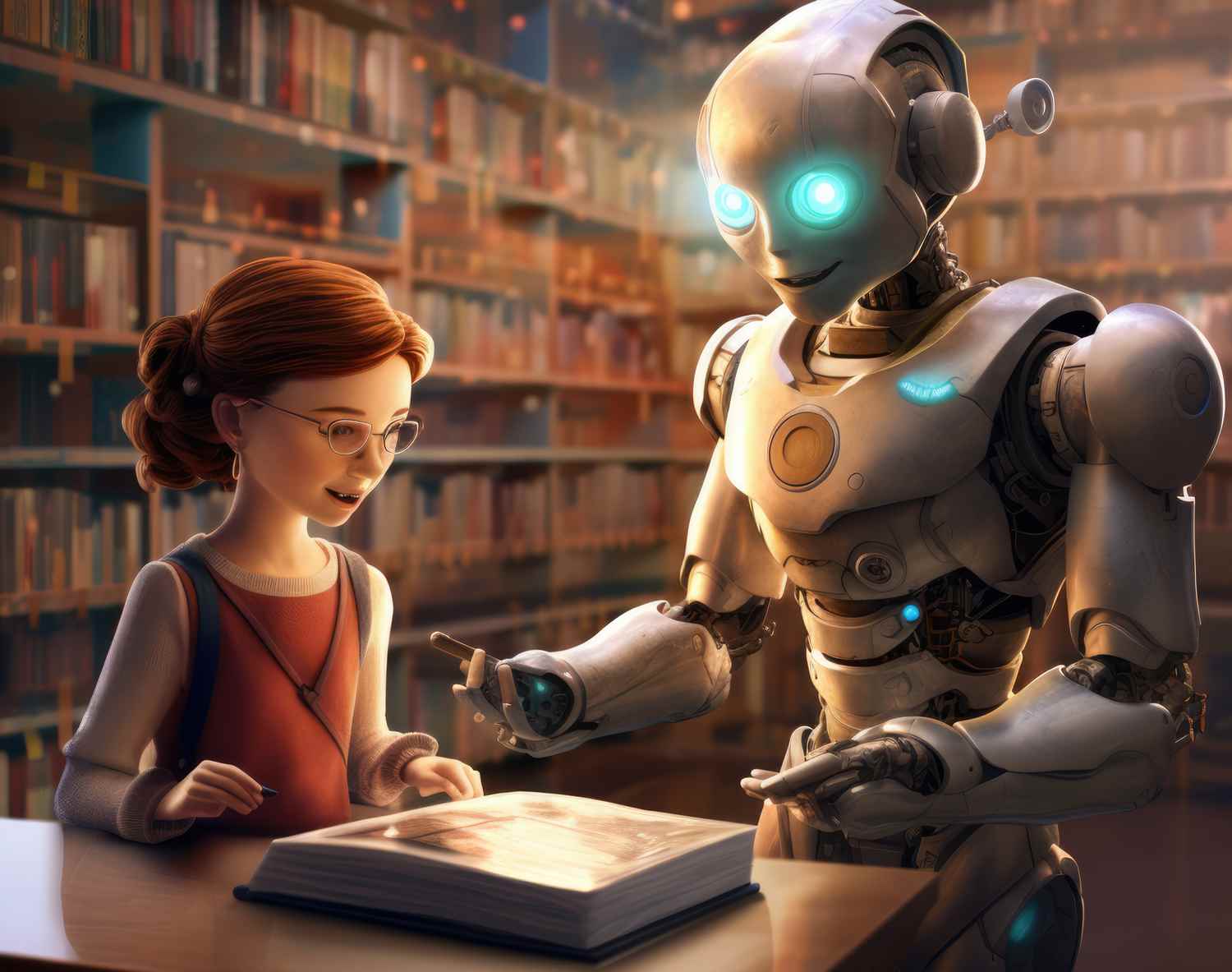AI Overview & Forum
Synchronous Presentation [May 20th, @6:30pm PST][With Yuri Tricys]
Hello All,
AI is THE hot topic right now! I’ve found a few insights you may find interesting in your journey as an educator!
Please fee free to join me for my presentation:
Topic: Exploring AI for Educators
Time: May 27, 2025 06:15 PM Pacific Time (US and Canada)
Participate in a collaborative and exploratory discussion!
As AI continues to transform education, educators like you will shape its future. Here are a few questions you may be ready to answer!
-
How do you think AI-powered adaptive learning systems can be used to support students with different learning needs?
-
What steps can educators take to ensure AI systems are fair and unbiased?
-
How can teachers effectively interpret and act upon AI-generated feedback?
-
What role do you think AI literacy should play in teacher training programs?
Share your thoughts below on the potential benefits and challenges of integrating AI in education.
I’d also love to hear your insights and experiences!
[To comment in the comment section on the bottom of the page, write your text and click ’enter’ on your keyboard. Graph Comment will prompt you to enter an email and any name. Your email goes directly to graph Comment, it’s not sent to me. If I understand correctly, they do not send you endless promotional emails.]
Also, below is a collection of articles (click on the images) I prepared for you on the topic of AI and teaching (with the assistance of AI and Hugo).
Feel free to browse!
The integration of Artificial Intelligence (AI) in education
The integration of Artificial Intelligence (AI) in education is transforming the way teachers teach and students learn. The following topics explore the various aspects of AI in education, from personalized learning and AI-powered adaptive learning to AI ethics and teacher training. Understanding these concepts is crucial for educators to effectively harness the potential of AI and create a more inclusive, engaging, and effective learning environment.
AI-Powered Adaptive Learning: Personalizing Education for Every Student

AI-powered adaptive learning systems adjust the difficulty of educational content based on individual student performance. Platforms like Duolingo, Prodigy Math, and Mathspace use algorithms to provide personalized learning experiences, enhancing student engagement and skill development
AI Tools for Teachers: Transforming Education in 2025

AI tools assist teachers in creating personalized lesson plans and assessments, helping them monitor student progress more effectively. For example, Khanmigo by Khan Academy provides teachers with insights to tailor instruction based on student needs.
AI Ethics and Bias in Education: What Teachers Need to Know

AI systems in education can perpetuate biases if data used to train them is biased, affecting fairness and equity. Regular audits and ethical considerations are crucial to ensure AI systems promote inclusivity
Fostering AI Literacy in the Classroom: A Guide for Educators

Both students and teachers need to understand AI to effectively utilize AI tools. This includes understanding how AI works, its limitations, and how to interpret AI-generated feedback
Harnessing AI for Personalized Learning: A Teacher's Guide

AI enhances personalized learning by continuously assessing student performance and adjusting the difficulty of lessons accordingly. This approach keeps students engaged and motivated by maintaining an optimal level of challenge
Intelligent Tutoring Systems AI and Critical Thinking: A Teaching Resource

AI-based tutoring systems can foster critical thinking by offering interactive and adaptive learning experiences that encourage students to analyze and solve problems autonomously
AI in Educational Assessment: Opportunities and Considerations for Teachers

AI can improve assessment processes by automating grading and providing instant feedback, freeing teachers to focus on more complex tasks. However, AI must be used judiciously to avoid bias and ensure fairness
Teacher Training for AI Integration: Bridging the Knowledge Gap

Teachers need training to effectively integrate AI into their teaching practices. This includes understanding how to use AI tools, interpret AI-generated feedback, and embed AI into existing curricula.
Overall, AI is revolutionizing education by offering personalized learning experiences, enhancing teacher effectiveness, and improving critical thinking skills. However, addressing ethical concerns and ensuring AI literacy are crucial for successful integration.
